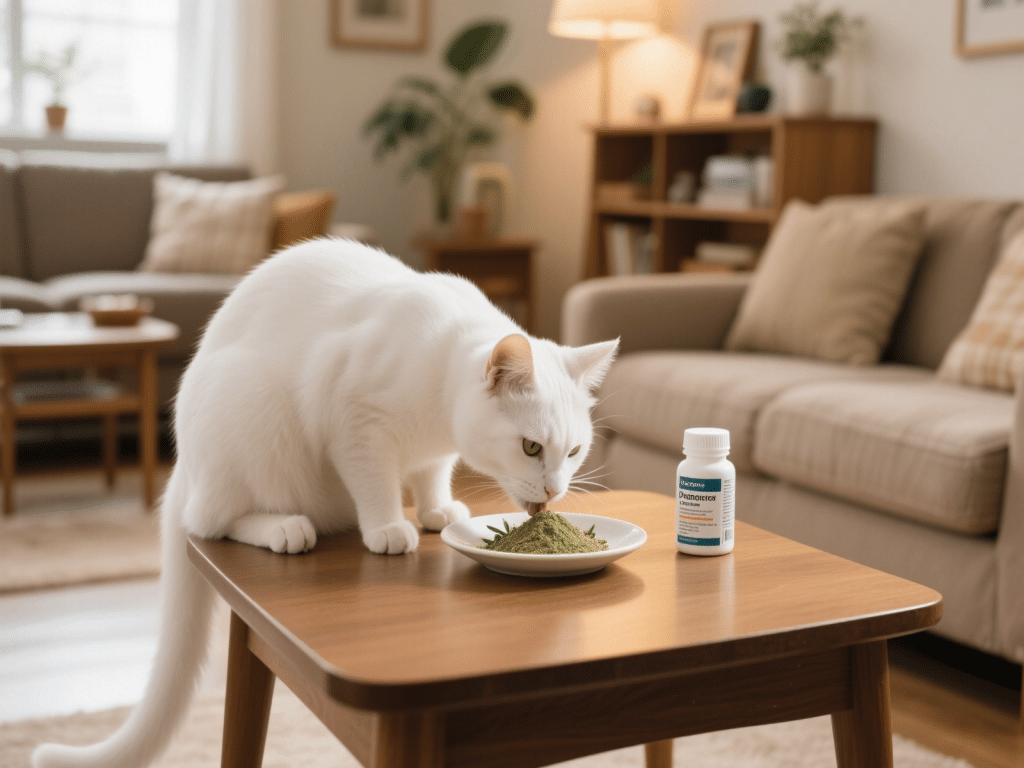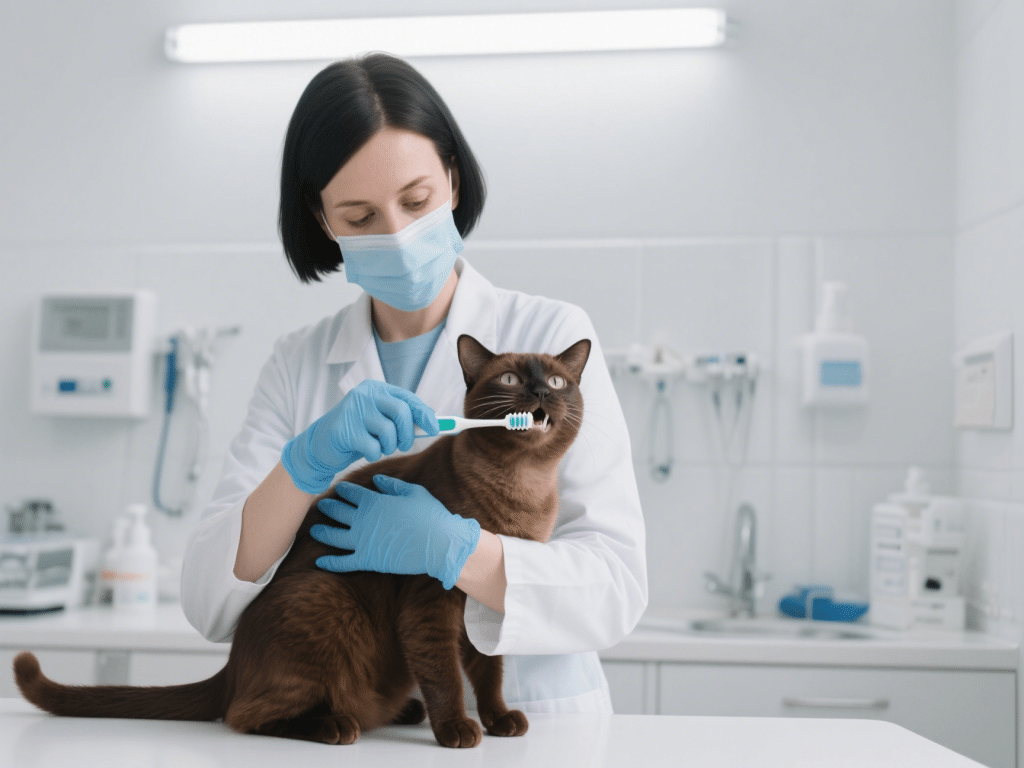Introduction
Cat owners seeking parasite control often weigh natural remedies against prescription dewormers. Each approach has benefits and limitations in terms of efficacy, safety, cost, and convenience. This article compares natural and prescription cat dewormers, helping you choose the most suitable option.
1. Natural Dewormers: Overview and Limitations
A. Common Natural Ingredients
Pumpkin Seeds (Curcubita pepo): Contains cucurbitacin, which may paralyze worms.
Diatomaceous Earth (Food Grade): Silica microparticles that dehydrate parasites.
Herbs (Wormwood, Cloves): Bitter compounds thought to discourage parasite survival.
B. Efficacy
Lack of Clinical Evidence: No large-scale veterinary studies confirm complete parasite eradication via natural remedies alone.
Adjunctive Role: Can support gut health and provide mild preventive action, but should not replace prescription treatments for active infections.
C. Safety and Risks
Low Side-Effect Profile: Generally safe when used at recommended dosages.
Overuse Concerns: Prolonged diatomaceous earth intake can irritate intestinal mucosa; excessive garlic or onion is toxic.
D. Cost and Convenience
Affordability: Widely available, inexpensive, and easy to incorporate into meals.
Administration: Requires daily supplementation for weeks; compliance can be challenging.
2. Prescription Dewormers: Proven Efficacy and Considerations
A. Common Prescription Medications
Pyrantel Pamoate (e.g., Nemex®): Broad-spectrum coverage against roundworms and hookworms.
Praziquantel (e.g., Droncit®): Gold standard for tapeworm elimination.
Fenbendazole (Panacur®): Effective against roundworms, hookworms, whipworms, and some tapeworms.
Selamectin (Revolution®): Monthly topical for fleas, ear mites, and certain intestinal parasites.
B. Efficacy
High Success Rates: Clinical trials demonstrate >98% elimination of targeted parasites when dosed correctly.
Rapid Action: Many prescription dewormers work within 24–48 hours.
C. Safety and Side Effects
Vet-Supervised Dosages: Dosages are weight-based, minimizing risk of overdose.
Possible Side Effects: Mild vomiting or diarrhea; rare allergic reactions.
Contraindications: Some dewormers are unsafe for kittens under 6 weeks or cats with pre-existing hepatic or renal disease.
D. Cost and Convenience
Higher Cost: Prescription products typically cost more than natural alternatives.
Ease of Use: Single-dose tablets or monthly topicals simplify administration.
Veterinary Oversight: Requires vet consultation and possibly repeated fecal exams.
3. Decision-Making Criteria
Severity of Infection:
Confirmed or Severe Cases: Prescription dewormers are non-negotiable due to proven efficacy.
Low-Risk or Preventive Measures: Natural remedies can complement diet but should not replace routine veterinary deworming.
Cat’s Health Status:
Pregnant or Nursing Cats: Prescriptions approved for gestation ensure both safety and efficacy.
Cats with Chronic Illness: Vet-recommended prescriptions with known pharmacokinetics are safer.
Owner Preferences and Budget:
On a Budget: Use generic prescription options at lower cost; incorporate natural supplements to support gut health.
Strongly Holistic: Supplement with natural ingredients but schedule annual fecal exams and occasional prescription treatments.
4. Best Practices for Combined Approaches
Baseline Fecal Examination: Identify parasite type before starting any regimen.
Follow-Up Testing: Repeat fecal floats 2–4 weeks after treatment—critical whether using natural or prescription products.
Nutrition and Probiotics: Support the intestinal lining and immune function post-treatment.
Environmental Control: Maintain strict litter box hygiene and flea prevention to minimize reinfection.
Conclusion
Prescription dewormers remain the gold standard for treating and preventing parasitic infections in cats due to their proven efficacy. Natural dewormers can serve a supportive role, especially in low-risk scenarios, but should not replace veterinary guidance. A combined strategy—using prescription medications for active infections and natural supplements for gut health—provides balanced parasite control and supports overall feline wellness.










Comments on " Natural vs Prescription Cat Dewormers: Which Is Right?" :